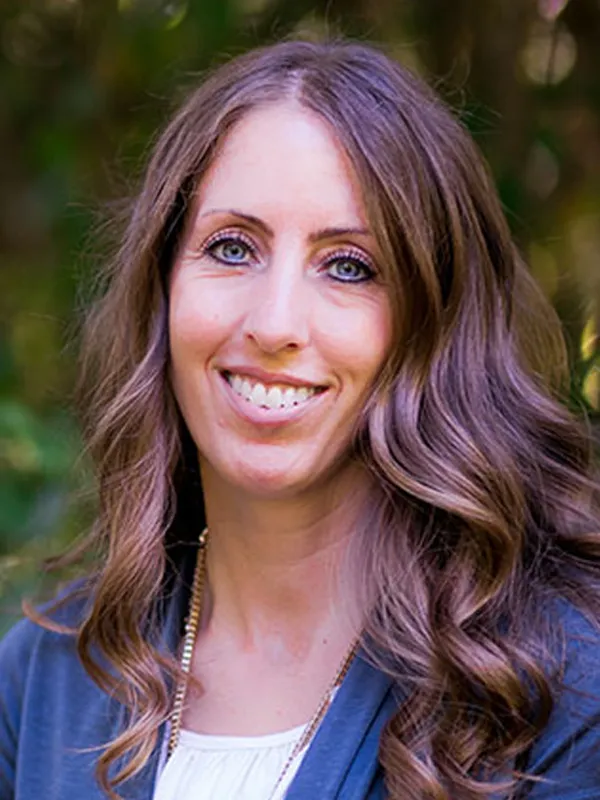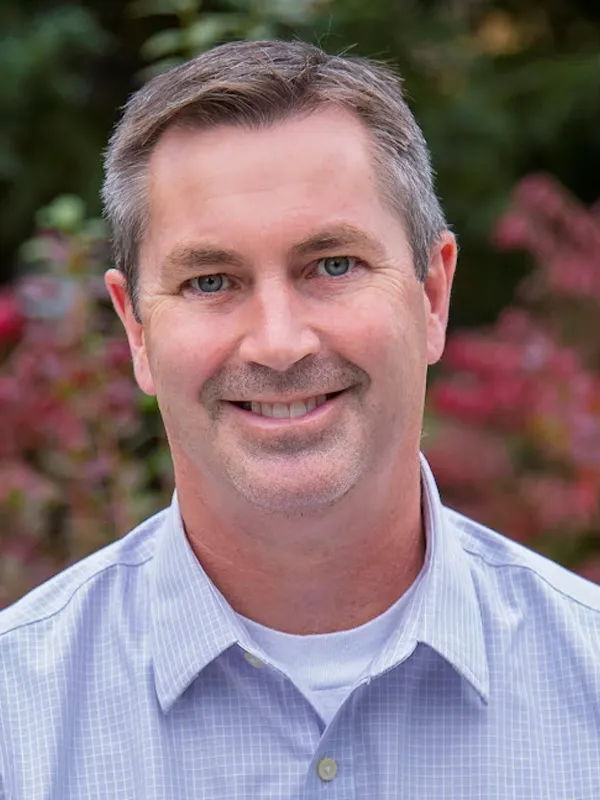
The national conversation around Certified Registered Nurse Anesthetists (CRNAs) is evolving rapidly. Over the past five years, 23 states and Washington D.C. have lifted physician-supervision requirements, allowing CRNAs to practice independently. These policy changes are not just technical updates, they are reshaping the professional landscape for anesthesia providers across the country.
As more states recognize the capabilities of CRNAs, providers are rethinking where they want to live, work, and grow their careers. One state stands out for having led this transformation early: Washington.
Washington Was Ahead of the Curve
In 2003, Washington became one of the first states to opt out of federal supervision requirements for CRNAs. This decision reflected a strong belief in CRNA training and clinical expertise. Today, that early vote of confidence continues to create significant advantages for providers and facilities across the state.
CRNAs in Washington benefit from broader clinical roles. They can lead operating rooms, specialize in regional anesthesia, and work independently in critical access hospitals, privileges that remain restricted in many other states. These expanded responsibilities create more fulfilling careers and a deeper sense of purpose.
Retention is also stronger in autonomous settings. Facilities that support CRNA independence report lower turnover rates. This trend reflects broader national data showing a clear link between job satisfaction and professional autonomy. When CRNAs are trusted to practice at the top of their license, they are more likely to stay engaged and committed for the long term.
Hospitals and surgery centers in Washington also benefit from greater staffing flexibility. Many adopt a collaborative model that pairs independent CRNAs with consultative anesthesiologists. This hybrid approach maintains clinical safety while reducing labor costs and improving scheduling efficiency.
CRNA Autonomy Is Gaining Ground Nationwide
According to a 2025 ICON Anesthesia survey, more than 20 states now allow CRNAs to practice independently. Several others are actively considering similar legislation. The national trend is clear: granting CRNAs full practice authority helps facilities fill open positions faster and lower per-case anesthesia costs.
States that still require physician supervision are seeing the opposite effect. These areas face ongoing recruitment challenges, both for CRNAs and anesthesiologists. Many are forced to rely on costly temporary staffing solutions just to keep up with surgical demand.
The National Conference of State Legislatures provides a visual breakdown of the situation. On their map, states that have opted out of supervision requirements are clustered in the West and Upper Midwest. States with strict supervision rules appear increasingly isolated; a sign that the national standard is shifting toward autonomy.
Why This Matters for Providers and Facilities
For CRNAs, Washington offers one of the most supportive environments in the country. Full practice authority means more diverse clinical experiences, stronger compensation packages, and meaningful leadership roles in perioperative care.
For anesthesiologists, CRNA independence does not reduce the value of physician expertise. Instead, it allows anesthesiologists to focus on complex cases, regional techniques, and quality initiatives, high-impact areas that drive better outcomes and reduce burnout.
Hospitals and ambulatory surgery centers benefit as well. Opt-out models that balance CRNA autonomy with physician oversight can cut labor expenses by as much as 30 percent. These models also improve first-case on-time starts and increase patient throughput, driving both efficiency and satisfaction.
Advanced Anesthesia Services: Leading in a Full Practice State
As a Washington-based group, Advanced Anesthesia Services (AAS) is proud to lead the way in optimizing CRNA autonomy. Our teams are built around collaborative care, where CRNAs are empowered to work independently and anesthesiologists serve as high-level clinical partners.
This model leads to high provider satisfaction, consistent staffing coverage, and better patient outcomes. By trusting CRNAs and leveraging their full skillset, we’re creating the kind of workplace that top anesthesia professionals want to be part of.
If you’re a CRNA or anesthesiologist looking for a more rewarding career in a state that values your expertise, consider joining us at Advanced Anesthesia Services. Explore current openings on our careers page or contact our recruitment team to learn more.

